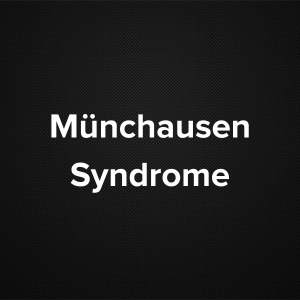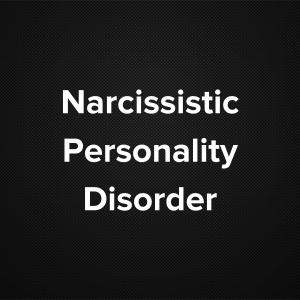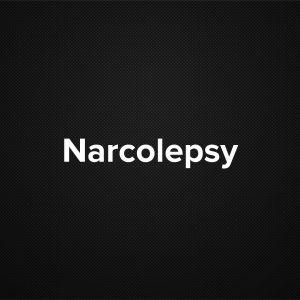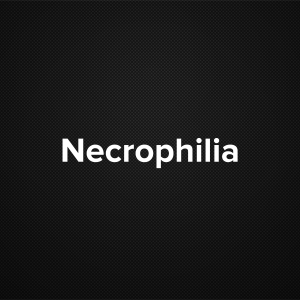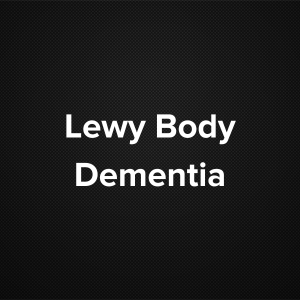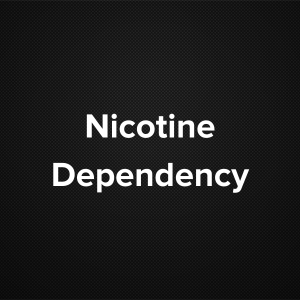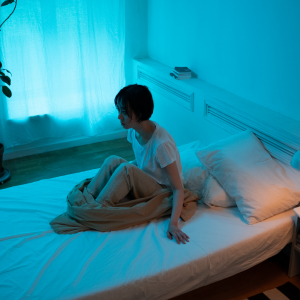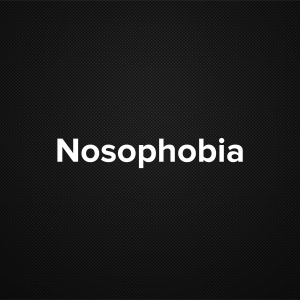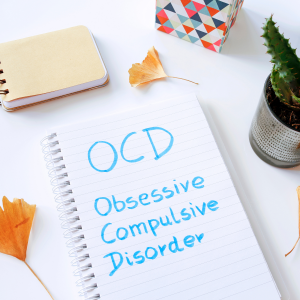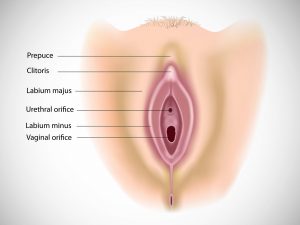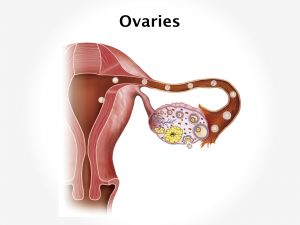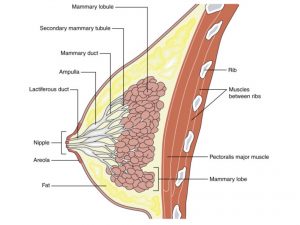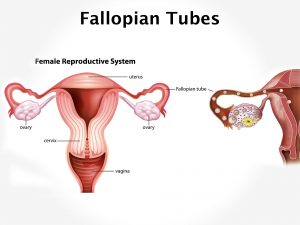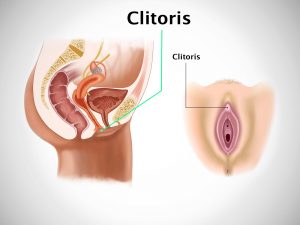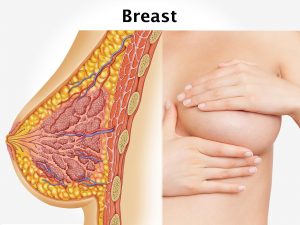Causative & risk factors
No specific cause can be singled out for postpartum depression. The condition can occur due to the presence of one or several predisposing factors. Women with a history of clinical depression have a higher risk of developing postpartum depression. Those under financial or marital stress are also more prone to developing this condition. Post-partum depression can also be triggered by having a complicated pregnancy, a sick or demanding baby or any other form of stress in life.
The severe dip in hormones post-pregnancy are implicated in the etiology of post-partum depression.
Clinical presentation
The woman may feel anxious, sad, hopeless or depressed. She may be very irritable and have fits of anger. Excessive crying for trivial matters can also be present. She may lose interest in the baby and in other things in general. Her appetite, libido or sleep may decrease. She may suffer from fatigue and develop aches and pains in the body. She may start feeling inadequate or guilty and may even have thoughts of harming herself or her baby.
Investigations
A detailed patient history is adequate to make a diagnosis of post-partum depression. A blood test may be carried out to rule out thyroid disease.
Treatment
Counseling the new mother is the mainstay of treatment. Specific antidepressant drugs are prescribed to the mother, which are effective as well as cause little or no harm to the baby via breast milk. Estrogen replacement therapy may be considered for some women.
Making changes such as a healthy diet, regular exercise, adequate sleep and seeking support from family and friends help to reinforce the treatment plan and aid speedy recovery.
Recent updates
Research has revealed a bidirectional relationship between postpartum depression and obesity. Each of these factors can be a causal factor for the other.

